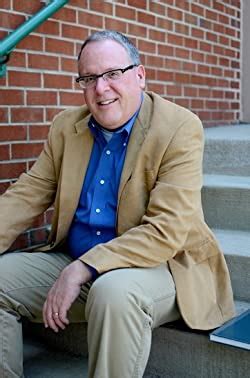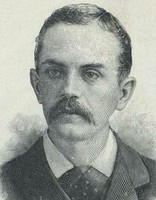A Quote by Paul Bloom
I don't doubt that the explanation for consciousness will arise from the mercilessly scientific account of psychology and neuroscience, but, still, isn't it neat that the universe is such that it gave rise to conscious beings like you and me?
Related Quotes
For me, consciousness is the most interesting unsolved problem of science, and, in fact, we may never know what it is about a particular arrangement of neurons that gives rise to consciousness. Our consciousness, like the air we breathe or like the passage of time, is central to our existence as intelligent beings.
The first thing I became interested in in terms of 'Brain Storm' was neuroscience, and that is like saying you're interested in the universe. So ultimately I knew if I was going to handle this in a fictional format, I would have to take a subsection of neuroscience, and that turned out to be the use of neuroscience in criminal courts.
I theorize that there is a spectrum of consciousness available to human beings. At one end is material consciousness. At the other end is what we call 'field' consciousness, where a person is at one with the universe, perceiving the universe. Just by looking at our planet on the way back, I saw or felt a field consciousness state.
Doubt is most often the source of our powerlessness. To doubt is to be faithless, to be without hope or belief. When we doubt, our self-talk sounds like this: 'I don't think I can. I don't think I will.'... To doubt is to have faith in the worst possible outcome. It is to believe in the perverseness of the universe, that even if I do well, something I don't know about will get in the way, sabotage me, or get me in the end.




































